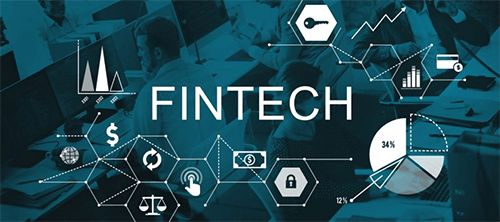In the UK, there are few signs that the continued growth in the financial technology sector is about to slow down. In the first half of 2018, research from KPMG revealed that British fintech companies attracted more than $16bn of investment, despite Brexit concerns.
With total global investment in fintech in the first six months of 2018 exceeding the amount for the whole of 2017, the use and development of technology is changing all aspects of finance. From day-to-day banking to consumer loans business, fintech is disrupting traditional financial services.
Fintech: What Is It?
“Fintech is changing the finance sector just like the Internet changed the written press and the music industries.” This is how Kantox CEO Philippe Gelis describes the rise of fintech. The financial crash of 2008 has been cited as one of the reasons that fintech firms have been able to make inroads into the sector. With less trust in banks and new regulations, fintech has flourished.
Today, people want to be able to easily access services online or using their mobile device. There’s a growing need for value-added services too: help with manging spend, instant access to credit or pre-qualification for loans. Fintech is how technology is being used to deliver financial services and products to consumers.
Fintech in the Loans Business
It used to be that consumers and businesses turned to traditional banks for loans. Fintech is shaking up the loans business by powering more accessible and more diverse online lending platforms. Such platforms now account for a greater share of the personal loan market. According to research by Experian, 36% of all personal loans taken out in August 2017 (compared to 21% in August 2015).
One factor that gives fintech an edge in the loans business is the speed at which the applications are processed. This is particularly important for SMEs looking for business funding. Trend data for 2018 found the average completion time for a UK business bridging loan from a high street bank is 45 days. Fintech lenders, however, can provide businesses with the cash they need, instantly.
For those with less-than-ideal credit histories, fintech lenders have made it easier to obtain finance. Where traditional lenders may be more risk averse to higher risk borrowers, products such as short-term loans, pay day loans, P2P lending and bad credit loans help people to access funding they may otherwise be turned down for.




